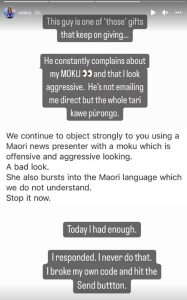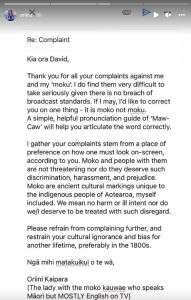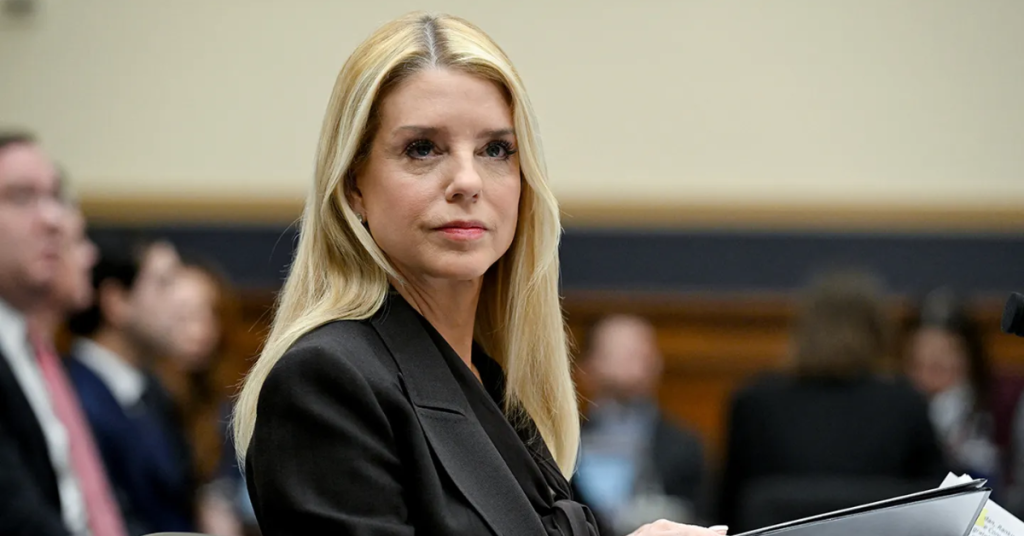A TV host with a traditional Māori face tattoo politely answered mean comments from someone online. She showed pride in her culture and who she is. Some people argue about facial tattoos online. Some say tattoos should only be on the body, but others understand their cultural importance.
Oriini Kaipara, 41, made history by becoming the first TV news anchor with a Māori face tattoo in New Zealand. Her tattoo is called a moko kauae and is important to Māori women for showing their heritage and identity. Māori people, who are the native people of New Zealand, see moko kauae as very meaningful. These tattoos, usually on the lips and chin, show a woman’s family ties, leadership in her community, and honor her ancestors.

Even though many people praised her, one viewer named David didn’t like that Kaipara had a traditional Māori face tattoo. He sent an email to Newshub saying it looked bad and that he didn’t like when she spoke in Māori. But Kaipara didn’t let his mean words bother her. She posted his messages on her Instagram and replied calmly. She said she usually doesn’t respond to such negativity but this time she did.

Kaipara responded to David’s email by pointing out that his complaint wasn’t valid because she hadn’t broken any rules for TV. She also corrected his spelling of “moko,” as he had written “moku.” In her email, Kaipara said, “I think your complaints come from your personal preferences about how people should look on TV.
Moko tattoos and the people who have them aren’t scary, and they don’t deserve to be treated badly.” “We don’t have any bad intentions, and we don’t deserve to be treated this way,” she continued. “Please stop complaining, and try to understand and respect other cultures. It’s better to live in the present instead of holding onto outdated ideas from the past.”

Even though David criticized her, Kaipara said she usually gets positive comments and mean ones are rare. In an interview with the New Zealand Herald right after she replied to David’s complaint, Kaipara talked about how it’s crucial to have more Māori people in important positions. She said, “The fact that some people are bothered by my presence shows why we need more Māori advocates in all areas.” Overall, Kaipara’s respectful response reminds us of how important it is to be proud of our culture and stay strong when facing tough times. She’s encouraging others to embrace who they are without apology and stand up against unfair treatment. What do you think about this story? Share your thoughts in the comments!



